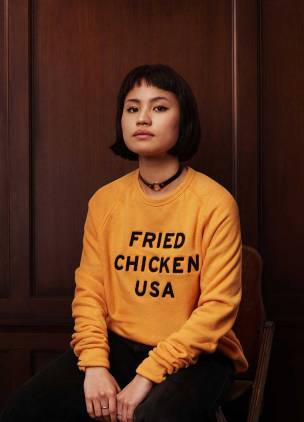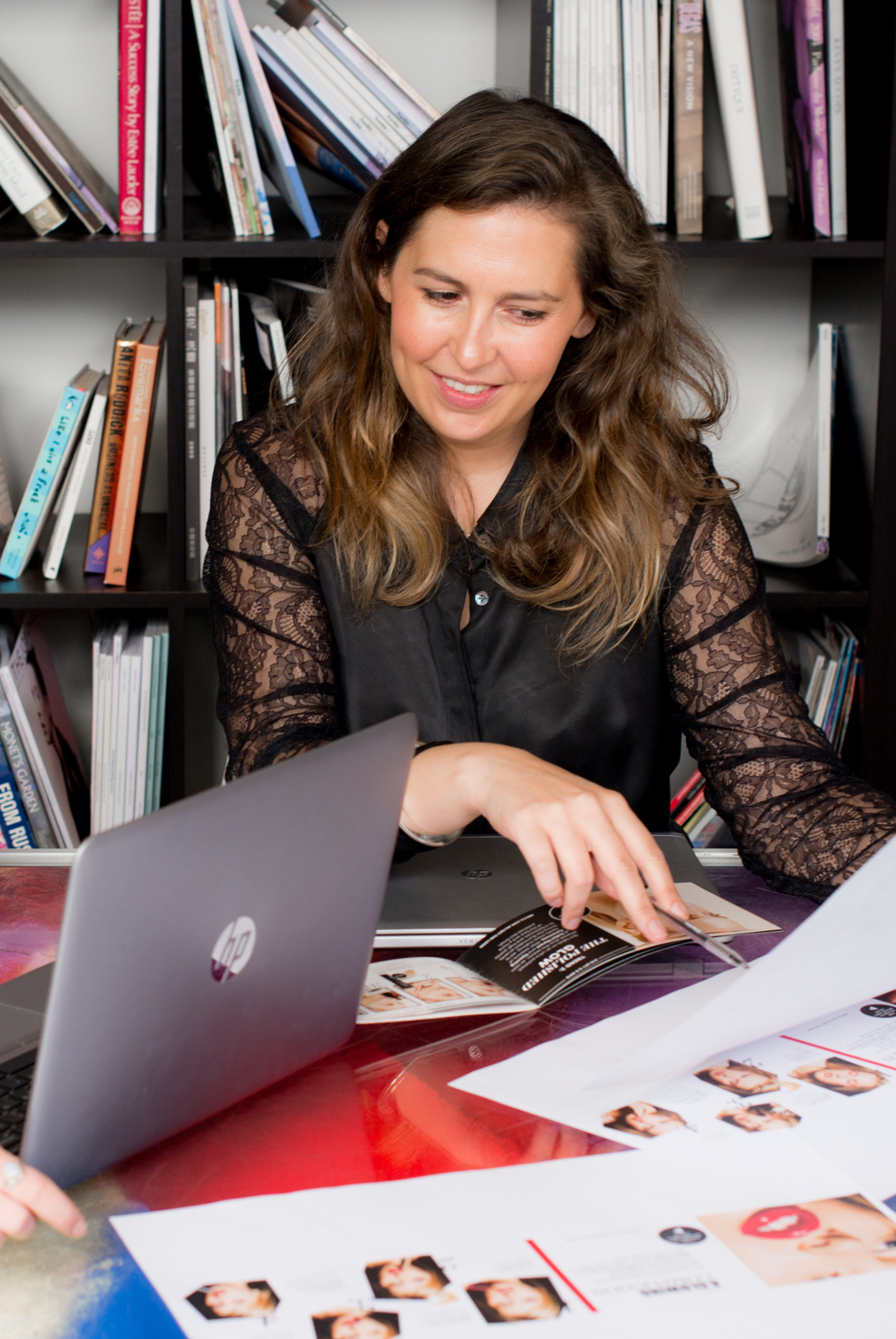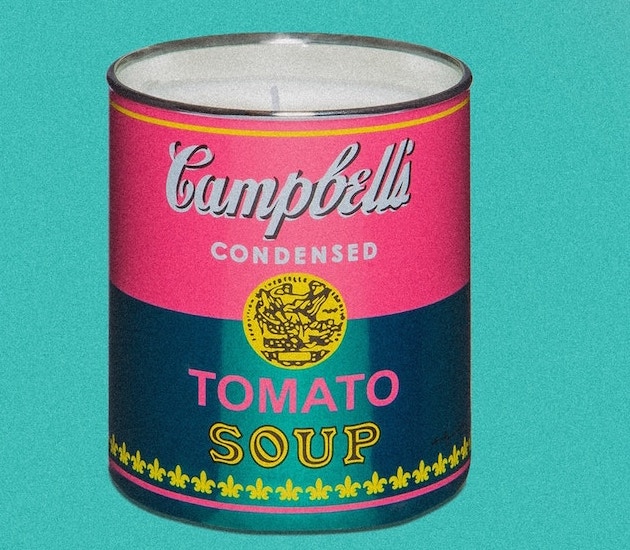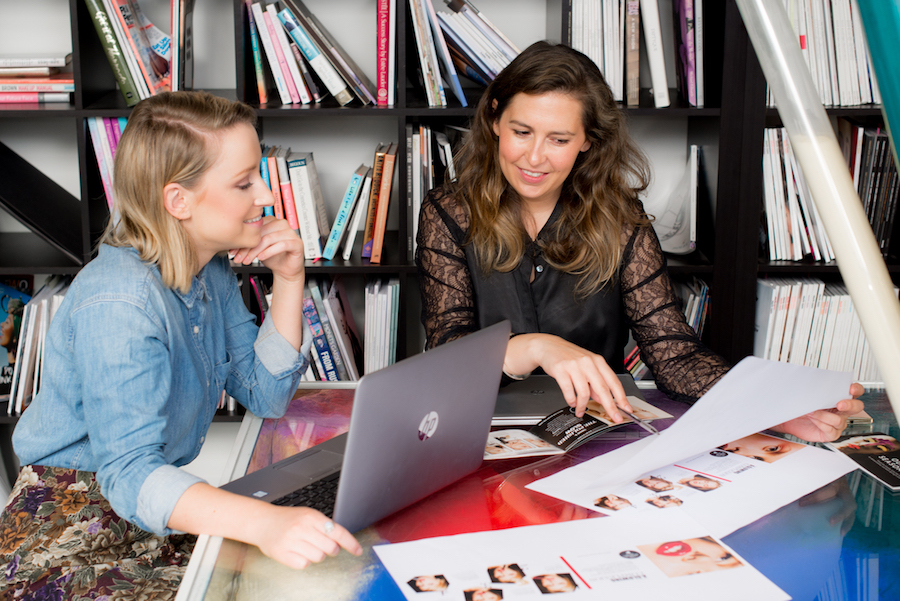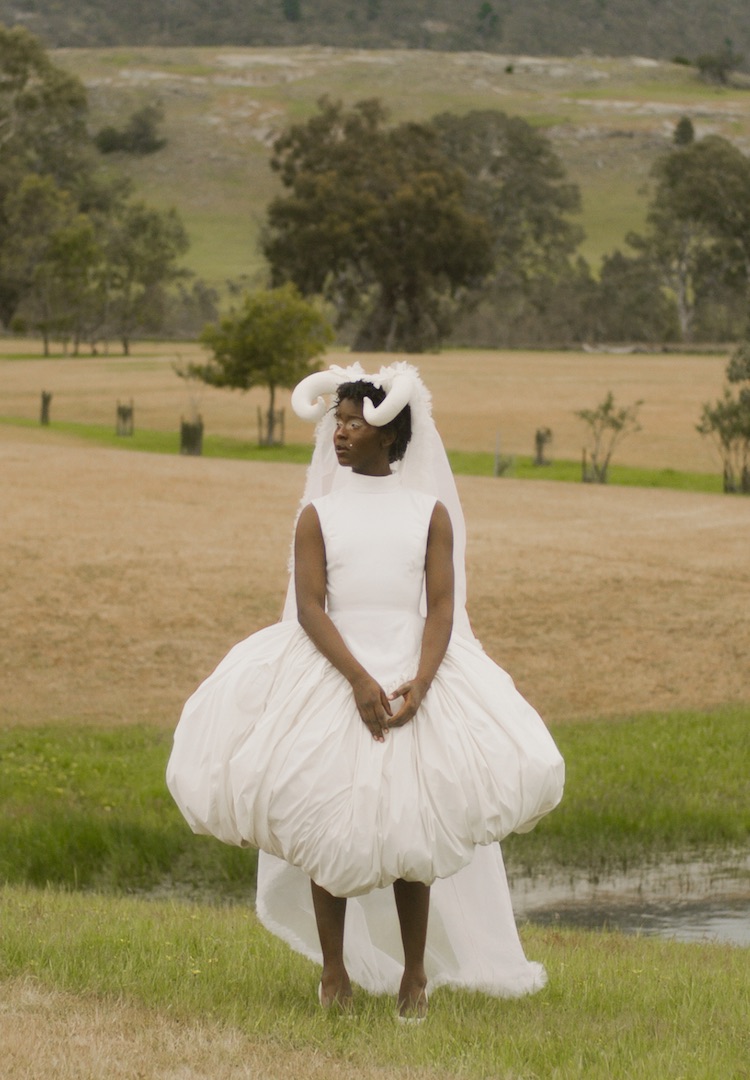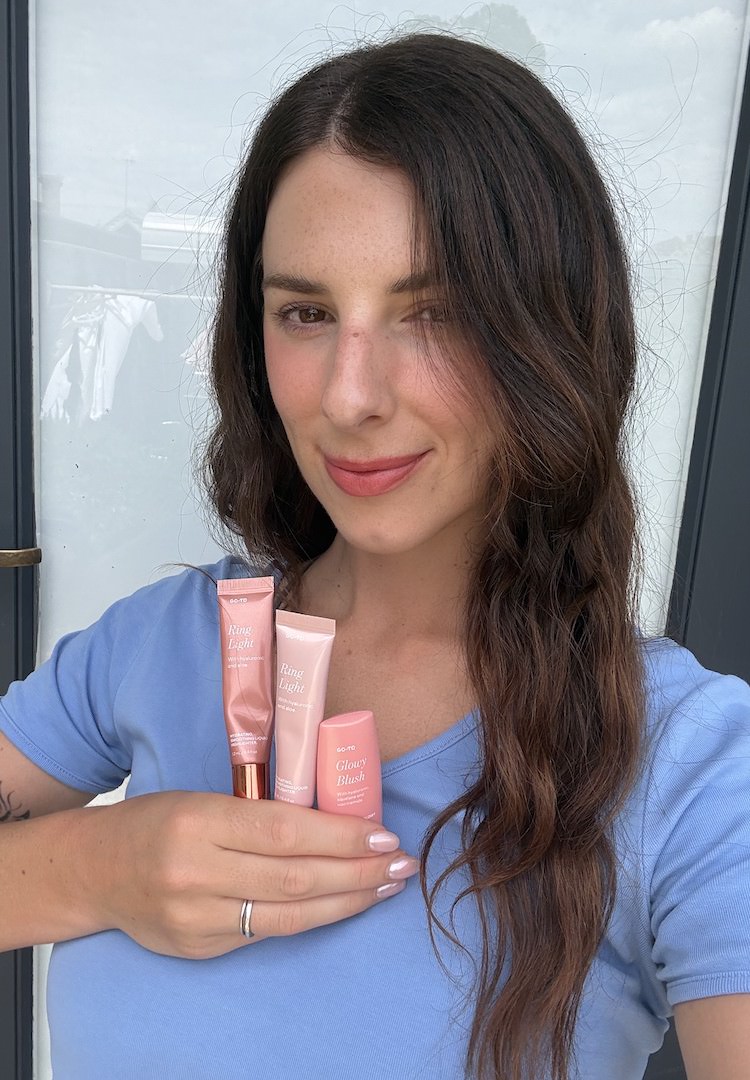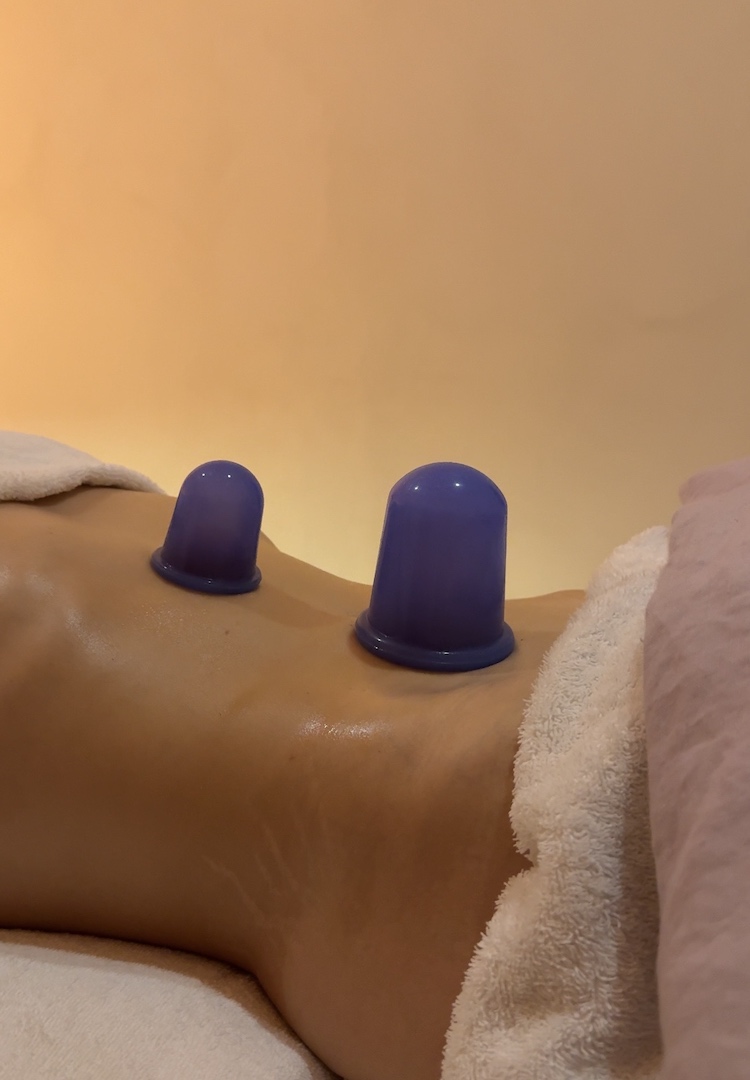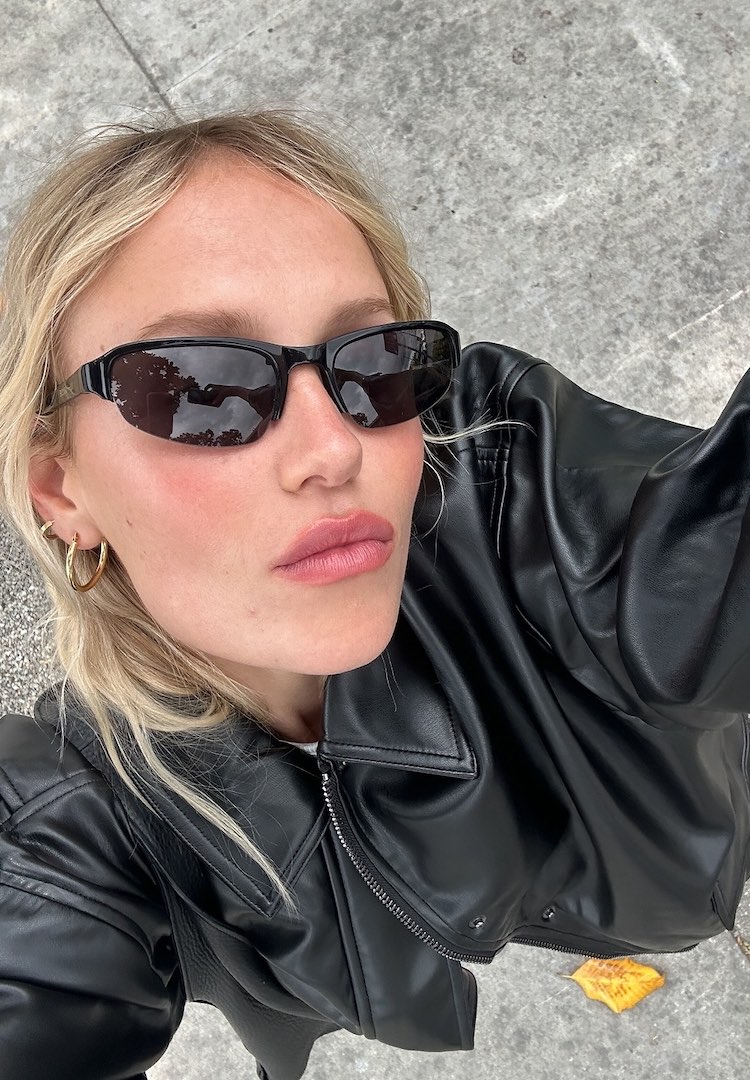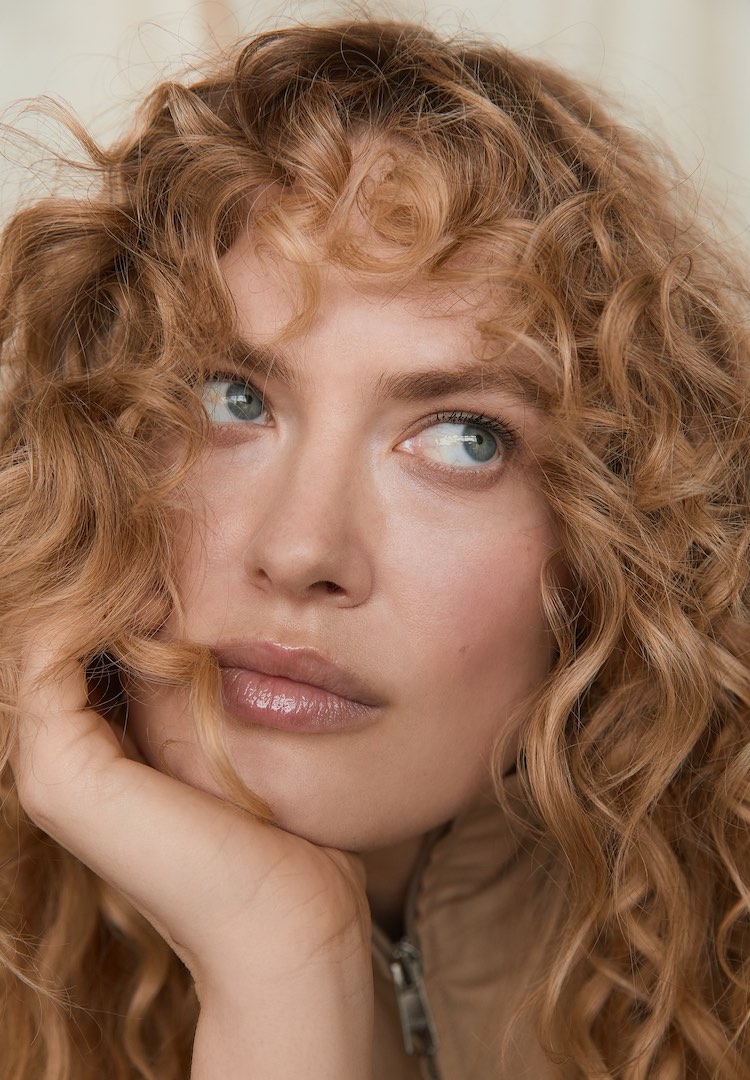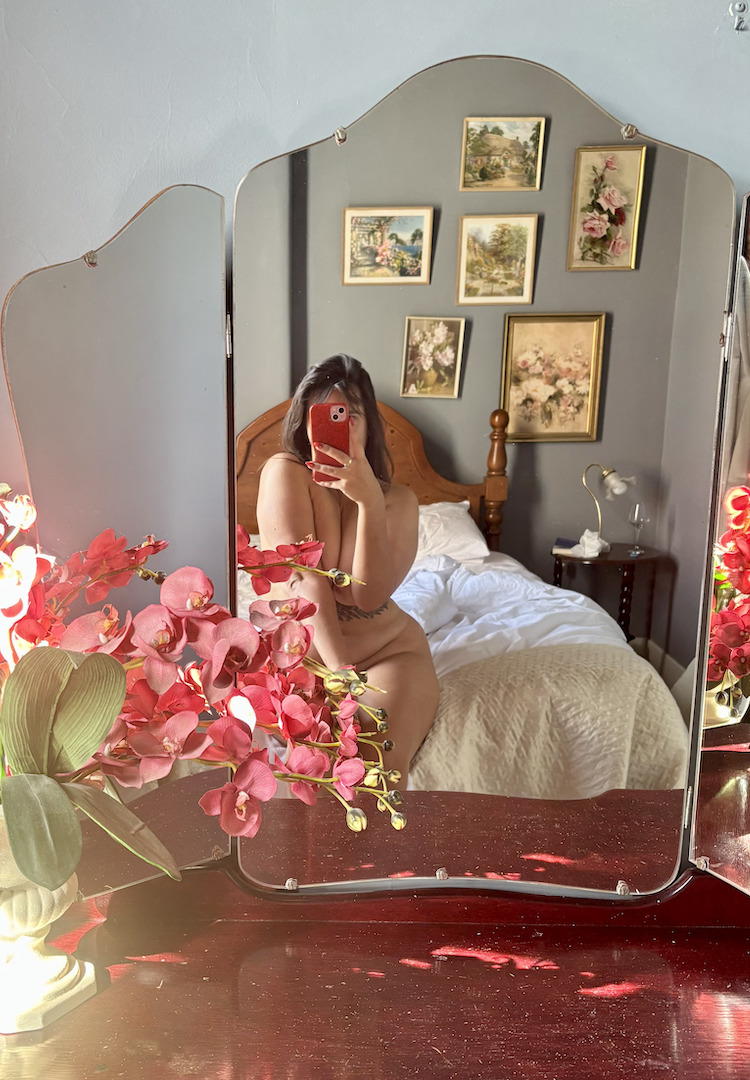Pls stop doing these things in a job interview
Image via Mecca
words by Alyce Cowell
You’re hired.
Job interviews: they’re up there as one of life’s scariest moments, alongside finding a spider in your bedroom when you’re home alone and calling in sick to work when you’re hungover and your boss follows you on Instagram.
The thing is, you know deep within your soul that you’re perfect for the job, but you just have to get through the interview stage first… without saying something dumb or forgetting everything you’ve ever known about yourself, or your career.
Interviews for industries like fashion and beauty add a whole other layer of intimidation, as we’re expected to know our shit, but also dress well, be creative as f*ck and have an endless stream of ideas up our sleeve.
While we hear a lot about what we should do in an interview, we don’t talk too much about what we shouldn’t do an interview, which could very well be the difference between landing the job, and going back to your old desk on Monday.
With a new year, and the promise of a brand new start on the horizon, we hit up Leela Santen, Head of Talent Acquisition at makeup dreamland MECCA, to find out exactly how we can nail a creative industry interview. Considering MECCA just placed second on the Best Places to Work in Australia List for 2017, they kind of know what they’re doing.
MECCA is known for it culture. What do you look for in your staff?
The MECCA culture is fundamentally being about human connection at its core, so when it comes to finding new team members to join our growing family, we always hire for attitude and values alignment first, and previous experience and skills second. We believe that we can teach the skills if someone has the right intrinsic.
Why do you think MECCA ranks second on the Best Places to Work in Australia List?
The lines between work and life can often become a bit blurred, so MECCA very much takes the approach that we employ a whole person and it’s our responsibility to engage, support and develop that person, not just for work but for life, more broadly. We have a lot of young team members and they are predominantly female, so we feel a great sense of responsibility for helping them build their careers as well as their confidence and repertoire of transferable skills. It also helps that our team members truly love our products, our brands and our customers!
What are your top no-no’s when it comes to a job interview?
1. Don’t ignore your résumé
Yes, we’ve read your resume beforehand, but we’d still love you to take us through it again in your interview! Being face-to-face with someone is a great opportunity to bring your career to life and add some colour and flavour to everything that’s there on paper. It’s often the things that you don’t find on a résumé that give us the best understanding of someone’s journey and whether this job is going to the right move for them.
2. Don’t generic questions for the sake of it
Asking ‘one-size-fits-all’ questions like “What’s the culture like here?” doesn’t give you an opportunity to scratch beneath the surface and really find out what you want to know, and it makes it seem like you haven’t done your research beforehand. Asking specific questions about the role is always a better approach, and it will be evident that you’ve given it a lot of thought.
3. Don’t just research on the company website
Go beyond the website and see what’s happening on their LinkedIn page, and ask your friends and professional contacts too – the more you know, the better! You’ll be able to reference what you know in the interview, and it enables you to be best placed to demonstrate where you can add value. Use LinkedIn to get acquainted with your interviewers beforehand too, so you can get a sense of their career, previous experience and if you’ve got any contacts or companies in common.
4. Don’t refer only to your impressive qualities
It’s great that you’re organised, friendly, structured and approachable, but you should also talk about specific pieces of work you’ve delivered and accomplished. For example, “In my last role, I streamlined our workflow approval process which meant that the timeframes to get creative approved decreased from two weeks to three days”. Qualities are far more generic, and most people tend to mention the same ones – we want to see the real impact you’re going to make in your potential new role.
5. Don’t try to turn your weaknesses into strengths
“I’m a perfectionist; I spend too much time making sure everything is exactly right” – sound familiar? This is a clichéd approach and interviewers can see straight through it. Instead, be honest and transparent about your gaps but also make sure you talk about how you’ve been working on them and the progress you’ve made so far.
6. Don’t hate on your previous employers
Especially in your first interview! You’ll come across negative and disengaged. Try and put a positive spin on your current situation and discuss why you’re looking for a new opportunity.
What are a few lesser-known things we can do to improve our chances?
It’s great to talk about what you’ve done, but even better if you can talk about how you went about it – being able to reflect on your approach shows that you’re open-minded.
Be honest and open about things that haven’t gone right in your career, as these defining moments provide a lot of insight.
Do some research on the interviewer (as well as the business) and prepare some unique questions for them about their work.
Don’t be afraid to ask further questions for clarification before answering – you want to ensure your answer hits the mark, rather than launching into a spiel on something the interviewer wasn’t looking for.
Finally, always send a short, personalised note afterwards, letting the team know you enjoyed meeting them and you can really picture yourself in the role. It’s courteous, and will also keep you top of mind during the recruitment process. Bonus!

